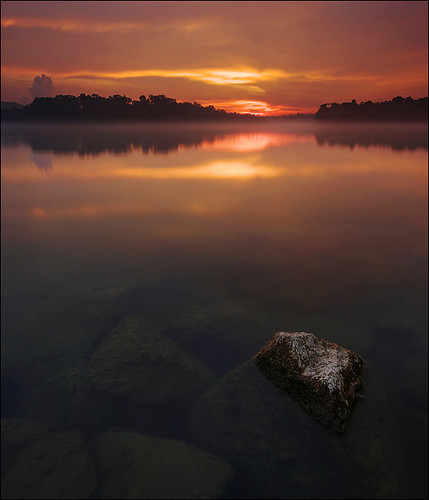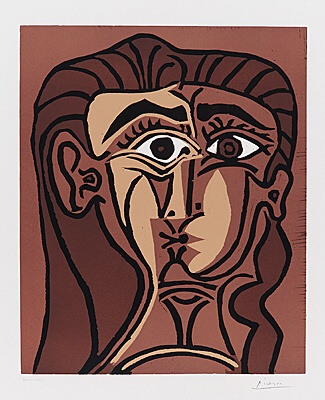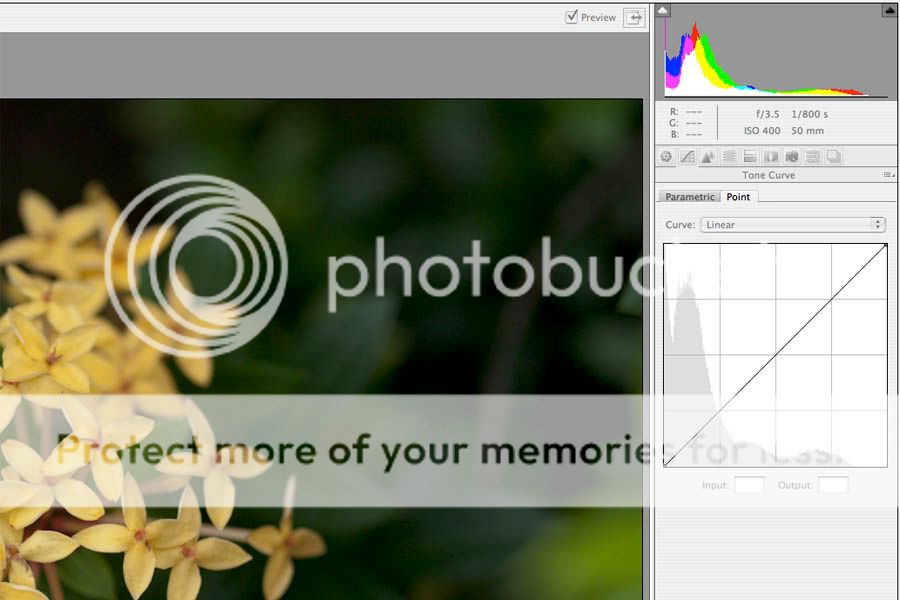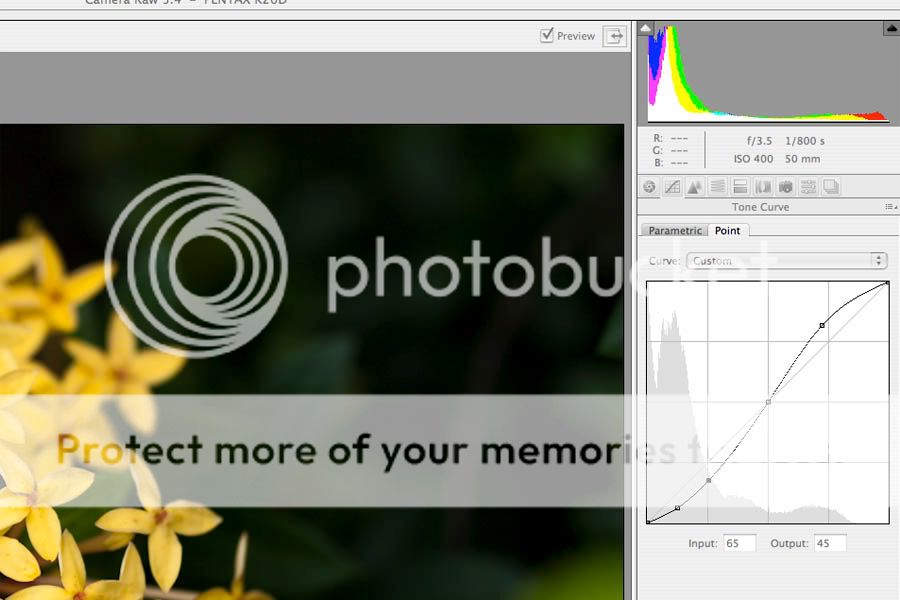I was typing this reply in the pinholecam's "Pentax has few lens selections" when i realised it was way offtrack. So i decided to start a new thread.
I attended a photoshop workshop recently in my school. photoshop is unbelievable. any photo that is not too badly taken can be shaped into one that looks like a masterpiece.
that gave me a strong feeling of irony. brands, camera models, lenses, how much you spend, do they matter? to get nice pictures, you just need to postprocess your photos. which is what everybody is doing to their picture before they post it up anyway.
that being the case, as it is, the image quality differences between the many DSLRs today are not very great already. if you are going to post process your photos, why bother deliberating between the finer differences between the different brands and models?
in the Before - After column display of photos before and after photoshopping, i looked at all the "before" photos - all so ordinary and in some cases even poor. but after photoshop - tadah! it looks fantastic! it made me think about my PnS sitting at home along, as it has been often after i got my k-x. why dun i just put the photos taken with my pns through photoshop, and make them nicer than that taken from my k-x?
my question is, to what extent and for what purpose do you guys photoshop your photos? at the very moment you begin tweak settings like improving the sharpness, making the colours nicer, won't the photo already speak more of you as a photo editor than a photographer? i have seen galleries of insanely nice pictures, but obviously photoshopped. to that i ask, what is the point of being the proud owner of all these nice pictures... if they are not real?
p.s. while this topic is not exclusive to Pentaxians, i feel closer to you guys and thus would rather ask it here and get your views, rather than in whatever Tech posts elsewhere.. hope you guys don't find this too irrelevent! Also, if from reading my post you deduce that my knowledge and perception of post processing very limited and one-sided, you are probably correct. I refuse to edit my photos to make them look better than how i captured them with my hands. Feel welcome to enlighten me on the benefits of photoshopping
I attended a photoshop workshop recently in my school. photoshop is unbelievable. any photo that is not too badly taken can be shaped into one that looks like a masterpiece.
that gave me a strong feeling of irony. brands, camera models, lenses, how much you spend, do they matter? to get nice pictures, you just need to postprocess your photos. which is what everybody is doing to their picture before they post it up anyway.
that being the case, as it is, the image quality differences between the many DSLRs today are not very great already. if you are going to post process your photos, why bother deliberating between the finer differences between the different brands and models?
in the Before - After column display of photos before and after photoshopping, i looked at all the "before" photos - all so ordinary and in some cases even poor. but after photoshop - tadah! it looks fantastic! it made me think about my PnS sitting at home along, as it has been often after i got my k-x. why dun i just put the photos taken with my pns through photoshop, and make them nicer than that taken from my k-x?
my question is, to what extent and for what purpose do you guys photoshop your photos? at the very moment you begin tweak settings like improving the sharpness, making the colours nicer, won't the photo already speak more of you as a photo editor than a photographer? i have seen galleries of insanely nice pictures, but obviously photoshopped. to that i ask, what is the point of being the proud owner of all these nice pictures... if they are not real?
p.s. while this topic is not exclusive to Pentaxians, i feel closer to you guys and thus would rather ask it here and get your views, rather than in whatever Tech posts elsewhere.. hope you guys don't find this too irrelevent! Also, if from reading my post you deduce that my knowledge and perception of post processing very limited and one-sided, you are probably correct. I refuse to edit my photos to make them look better than how i captured them with my hands. Feel welcome to enlighten me on the benefits of photoshopping











